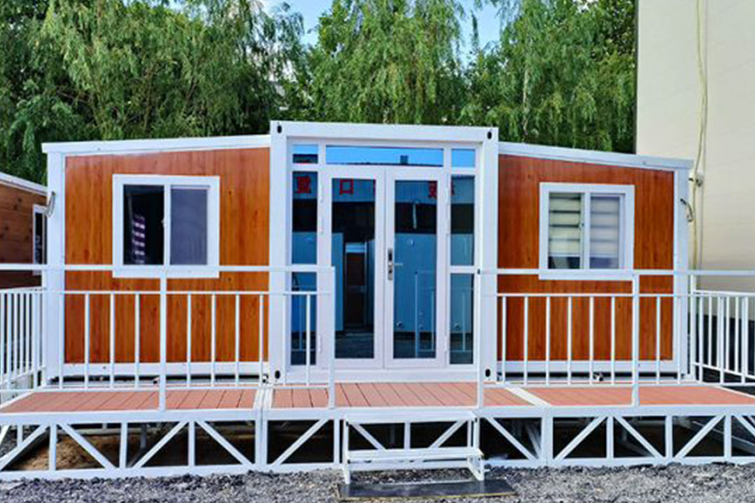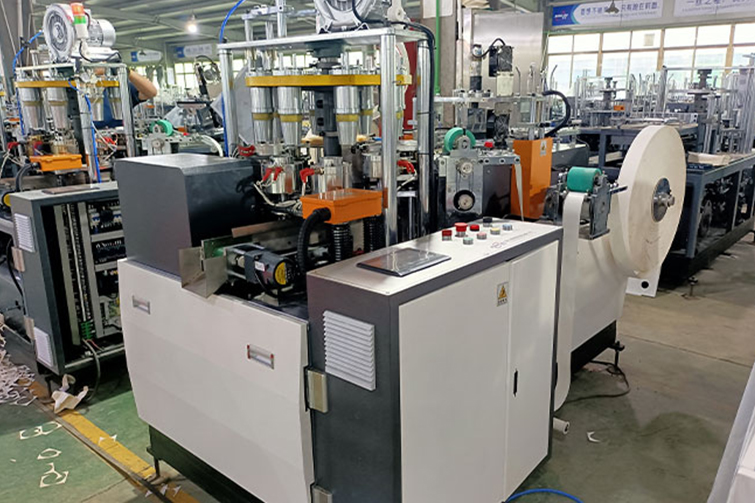

The Versatile Uses of Foldable Containers
Foldable containers have become increasingly popular in recent years, offering a flexible and efficient alternative to traditional storage and transportation options. These containers, also known as collapsible or demountable containers, can be folded flat when empty, saving space and reducing costs. Their portability, ease of storage, and diverse functionality make them highly useful across a wide range of industries. Here, we explore the various applications and advantages of foldable containers.
1. Efficient Storage Solutions
Foldable containers provide an excellent storage solution for businesses and individuals who need flexibility. Because they can be collapsed when not in use, these containers save valuable storage space. For example:
Warehouses and Factories: In warehouses with limited space, foldable containers allow for efficient storage of goods, especially when seasonal demand fluctuates. When demand is low, the containers can be collapsed, freeing up space for other items.
Small Businesses: Many small businesses, such as retail shops and local food producers, benefit from foldable containers because they can be stored compactly when inventory is low or during non-peak seasons.
2. Cost-Effective Transportation
Transportation is one of the most significant applications of foldable containers. Traditional containers take up substantial space even when empty, resulting in higher shipping costs. Foldable containers, on the other hand, offer a solution:
Reduced Shipping Costs: When transported empty, foldable containers can be collapsed, reducing the amount of space needed. This can lower shipping costs by enabling more containers to be shipped at once or reducing the number of trips required.
Intermodal Flexibility: Foldable containers are compatible with different modes of transportation, including road, rail, and sea, making them ideal for logistics companies and import/export businesses. They can be easily folded after unloading, saving on return shipping fees.
3. Environmentally Friendly
Foldable containers are also beneficial for the environment. By reducing the need for multiple trips or larger storage spaces, they contribute to more sustainable practices:
Lower Carbon Emissions: When fewer trips are needed for transporting empty containers, it reduces fuel consumption and lowers carbon emissions, which is beneficial for companies aiming to reduce their environmental footprint.
Reduced Material Waste: Many foldable containers are made from durable materials that last longer than disposable or single-use packaging, decreasing the amount of waste generated.
4. Temporary Structures and Mobile Units
Foldable containers have proven useful in creating temporary structures for events, emergency relief, or construction sites:
Emergency Shelters: Foldable containers are increasingly used in disaster relief for housing, as they can be quickly transported, assembled, and later removed when no longer needed. This makes them a practical solution for accommodating displaced populations.
Construction Site Offices: Construction companies often use foldable containers as temporary offices or break rooms on-site. These containers can be easily moved between projects, providing convenient, on-site facilities for workers.
Event Pop-Ups: From food stalls to retail pop-ups, foldable containers can serve as temporary stands or shops for festivals, trade shows, and events. Once the event ends, the containers can be folded and transported, making setup and breakdown efficient and cost-effective.
5. Agricultural and Industrial Use
The agricultural and industrial sectors also benefit from foldable containers:
Agriculture: Foldable containers are excellent for transporting and storing produce, as they provide a stable, reusable option for farmers. When empty, they can be collapsed to save space in transport vehicles and warehouses.
Manufacturing: Industrial manufacturers use foldable containers to store components and finished products. These containers help manage inventory levels and allow for easy movement of goods within factories. When not in use, they save space in storage areas.
6. Consumer and Household Use
Foldable containers have found their way into everyday consumer use:
Home Storage: For households, foldable containers serve as practical storage options for items like seasonal clothing, sports equipment, or toys. When items are not in use, the containers can be folded and stored easily.
Moving and Relocation: Foldable containers are also useful for moving. They provide a sturdy, reusable way to pack and transport belongings and can be folded away after unpacking.
Conclusion
Foldable containers represent a modern, versatile solution for a wide range of storage and transport needs. Their ability to collapse when empty saves space and reduces transportation costs, making them ideal for businesses, event organizers, relief agencies, and households. As more industries seek flexible, sustainable solutions, foldable containers are becoming a key resource that can adapt to various demands while promoting efficiency and environmental responsibility.





